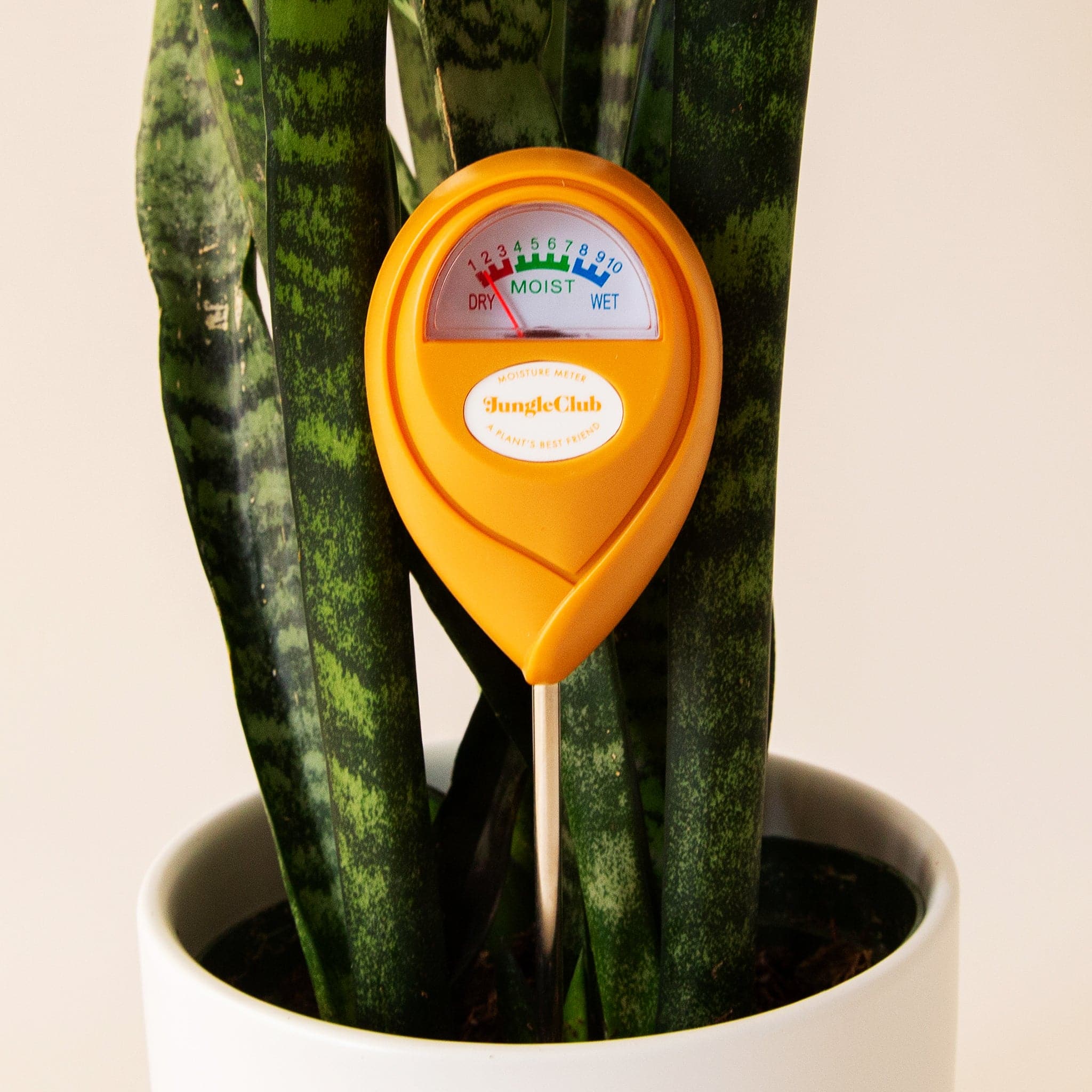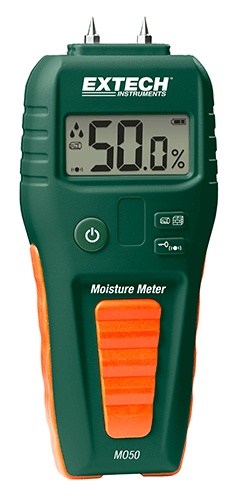Why Every Home Owner Requirements a Moisture Meter: Key Benefits and Functions
Why Every Home Owner Requirements a Moisture Meter: Key Benefits and Functions
Blog Article
The Ultimate Guide to Wetness Meters: A Comprehensive Overview and How They Can Save You Cash
In the world of building maintenance, building, and numerous markets, the value of properly measuring moisture levels can not be overstated. Dampness meters act as essential tools in finding and keeping an eye on moisture content in products, assisting in avoiding expensive problems and making sure the quality of items. Understanding the nuances of different sorts of dampness meters, their applications, and the potential cost-saving benefits they offer can be a game-changer for professionals and businesses alike. Finding exactly how these tools can not just enhance processes yet additionally contribute to financial savings is a journey worth starting.
Kinds Of Moisture Meters
Different sorts of dampness meters are available for different applications in different markets. One usual kind is the pin-type dampness meter, which measures the electrical resistance in between two pins put right into a material. This type is ideal for timber, drywall, and various other structure materials. Pinless moisture meters, on the various other hand, usage electro-magnetic sensing unit plates to scan a larger location without triggering damage to the material's surface area. Moisture Meter. These meters are optimal for quickly analyzing dampness degrees in large areas such as wall surfaces and floorings.

Moreover, there are also specialty moisture meters made for particular materials like grain, dirt, or hay. These meters offer accurate dampness readings customized to the one-of-a-kind buildings of the material being examined. Infrared wetness meters determine the thermal residential properties of a material to establish its moisture content non-invasively, making them valuable for applications where pin or pinless meters might not appropriate. Understanding the different sorts of dampness meters readily available can aid industries choose the most suitable tool for their certain moisture dimension demands.

Advantages of Utilizing Dampness Meters
Wetness meters offer very useful benefits in properly evaluating and checking dampness levels in varied products and environments. One of the main benefits of making use of dampness meters is the prevention of potential damage triggered by excess dampness.
Additionally, making use of dampness meters can lead to increased energy effectiveness. In agricultural settings, wetness meters play an important function in maximizing crop returns by enabling farmers to keep an eye on dirt dampness degrees and make informed irrigation decisions.
Just How to Pick the Right Wetness Meter
When picking a wetness meter, it's crucial to make sure that the meter is appropriate for the specific material you will be testing. Various materials have varying electric properties that can affect moisture analyses, so picking a meter created for your product is critical for precise outcomes. By very carefully examining these variables, you can select a dampness meter that fulfills your needs and gives precise wetness dimensions for your jobs.
Correct Techniques for Wetness Meter Usage

Cost Savings Through Dampness Meter Applications
Just how can the critical utilization of wetness meters cause significant price financial savings throughout numerous markets? Wetness meters play a vital role in price financial savings by protecting against potential damages and ensuring top quality control in different industries. In the agriculture industry, moisture meters aid in determining the optimum time for collecting crops, preventing excess or over-drying dampness that can affect the last product's top quality. This accurate monitoring assists farmers prevent unnecessary losses and optimize their return.
Similarly, in building, dampness meters aid avoid expensive damages by finding wetness degrees in building products, such as timber or concrete, which can bring about structural this page issues otherwise resolved without delay. By determining trouble locations at an early stage, service providers can take corrective steps to avoid considerable fixings or substitutes, ultimately conserving money and time.
Furthermore, in the food handling market, moisture meters are important for checking product quality and making sure compliance with security regulations. By precisely gauging moisture web content in food, manufacturers can avoid putridity, maintain freshness, and lower waste, leading to significant price savings. On the whole, the critical application of wetness meters is a valuable financial investment that can lead to considerable cost reductions and boosted performance across numerous industries.
Verdict
In verdict, moisture meters are valuable devices for measuring and identifying moisture degrees in numerous materials. By utilizing the ideal moisture meter and complying Extra resources with proper methods, customers can efficiently stop pricey problems caused by excess moisture.
Wetness meters offer as essential devices in spotting and monitoring moisture content in products, helping in avoiding costly damages and guaranteeing the high quality of products. Infrared moisture meters measure the thermal homes of a material to determine its moisture material non-invasively, making them helpful for applications where pin or pinless meters may not be suitable.Moisture meters provide important advantages in precisely keeping track of and analyzing moisture levels in varied materials and settings. In agricultural settings, dampness meters play a crucial function in optimizing crop yields by making it possible for farmers to monitor dirt moisture levels and make educated watering decisions.In verdict, wetness meters are important devices for gauging and detecting wetness levels in various products.
Report this page